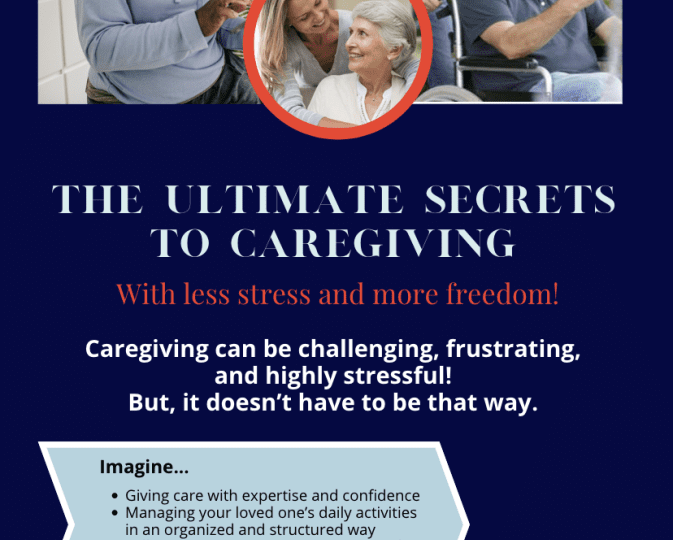Myasthenia Gravis-An increasingly common problem among the aging
Myasthenia Gravis is becoming an increasingly common problem among the elderly population. Earlier, it was a disease that affected more of the young generation. However, medical practitioners come across more cases of Myasthenia Gravis in older people.
What is Myasthenia Gravis?
Myasthenia Gravis in the elderly
Understanding Myasthenia Gravis
What triggers such an autoimmune response is still unknown.
Symptoms of Myasthenia Gravis
Steps to help your elderly deal with Myasthenia Gravis
Myasthenia Gravis affects the ability to swallow and chew food.
Additional Education
Education in caregiving refers to acquiring the knowledge, skills, and understanding necessary to provide care for individuals who require assistance with activities of daily living, such as bathing, dressing, eating, and grooming. This education can be obtained through formal programs or on-the-job training and experience. Education in caregiving aims to equip individuals with the skills and knowledge necessary to provide high-quality, compassionate care for those in need.
Caregiving can be challenging, frustrating, and highly stressful!
But . . . it doesn’t have to be that way.
Imagine . . .
Giving care with expertise and confidence
Managing your loved one’s daily activities in an organized and structured way
You follow a proven caregiving system that provides for your loved one’s needs while giving you peace of mind.
If the above sounds like what you need and have been searching for desperately . . . Then you need to enroll in The Ultimate Secrets to Caregiving with LESS Stress and MORE peace course!
Conclusion
In conclusion, being a family caregiver for a loved one with Myasthenia Gravis requires compassion and dedication. As this condition affects the neuromuscular system and can significantly impact daily life, caregivers play an integral role in ensuring their loved one’s comfort and well-being. By understanding the autoimmune nature of Myasthenia Gravis and its potential effects on muscle strength, caregivers can tailor their support to address specific needs.
Caregivers should prioritize communication with healthcare professionals to stay informed about the latest treatments and management strategies. Adhering to medication schedules, advocating for necessary adjustments, and monitoring any potential side effects are essential to providing comprehensive care. Moreover, creating a safe and comfortable environment, considering factors such as temperature sensitivity and infection prevention, can significantly contribute to their loved one’s overall quality of life.
Balancing physical assistance with emotional support is crucial. Encouraging loved ones to accept help while respecting their autonomy helps foster a sense of dignity and empowerment. Meal planning, adapting diets to accommodate chewing and swallowing difficulties, and incorporating appropriate exercise routines can improve their well-being.
As a caregiver, your dedication can significantly enhance the lives of those affected by Myasthenia Gravis. Remember that each person’s experience with the condition is unique, and your flexibility and adaptability in addressing individual needs are invaluable. By remaining vigilant, informed, and compassionate, you play a vital role in easing the challenges posed by Myasthenia Gravis and promoting a better quality of life for your loved one.
The post How To Effectively Help With Myasthenia Gravis In The Aging appeared first on The Caregiving Strategist.

